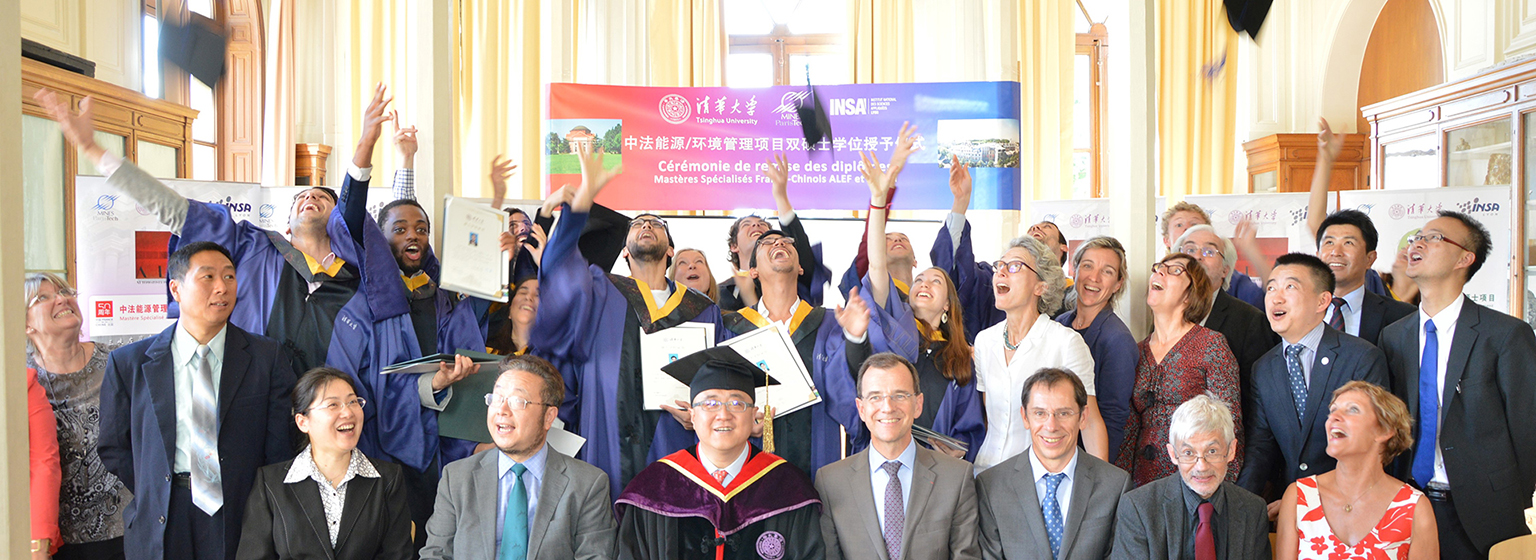課程編號:70050072
課程名稱:現(xiàn)代環(huán)境生物學(xué)Environmental Biotechnology
課程學(xué)時:32
課程學(xué)分:2
授課語言:中文
課程簡介:現(xiàn)代環(huán)境生物技術(shù)原理是現(xiàn)代生物技術(shù)應(yīng)用于環(huán)境污染防治而形成的一門新興邊緣學(xué)科。它誕生于20世紀(jì)80年代末期,以高新生物技術(shù)為主體,并包括對傳統(tǒng)生物技術(shù)的強(qiáng)化與創(chuàng)新。環(huán)境生物技術(shù)是目前應(yīng)用最廣泛、前景最廣闊的技術(shù)。本課程將重點(diǎn)講授與討論現(xiàn)代環(huán)境生物技術(shù)四大分支領(lǐng)域即酶工程、基因工程、細(xì)胞工程和發(fā)酵工程的基本概念、技術(shù)原理與方法、發(fā)展動態(tài)、應(yīng)用領(lǐng)域、應(yīng)用方法與前景。教學(xué)目標(biāo):(1)使學(xué)生掌握酶工程、基因工程、細(xì)胞工程和發(fā)酵工程的基本概念、技術(shù)原理與方法,了解現(xiàn)代環(huán)境生物技術(shù)的應(yīng)用領(lǐng)域、應(yīng)用方法及發(fā)展前景,并對某一分支領(lǐng)域的技術(shù)發(fā)展現(xiàn)狀、技術(shù)方法、發(fā)展趨勢和應(yīng)用前景有較深入的了解,且能應(yīng)用于指導(dǎo)今后的研究工作。(2)培養(yǎng)學(xué)生對環(huán)境生物技術(shù)的興趣,培養(yǎng)學(xué)生對科學(xué)前沿發(fā)展的洞察、分析、追蹤能力,學(xué)習(xí)新知識的能力。
Environmental biotechnology is an emerging fringe discipline formed by the application of modern biotechnology to environmental pollution prevention and control. It was first introduced in the late 1980s and comprises high-tech biotechnology and enhancements and innovation to traditional biotechnology. Environmental biotechnology is currently the most widely used and promising technology. This course will focus on the basic concepts, technical principles and methods, developments, application areas, application methods and prospects of the four main branches of modern environmental biotechnology, namely enzyme engineering, genetic engineering, cell engineering and fermentation engineering. The teaching objectives of this course are: 1) to enable students to grasp the basic concepts, technical principles and methods of enzyme engineering, genetic engineering, cell engineering and fermentation engineering, to understand the application areas, application methods and development prospects of modern environmental biotechnology, and to gain a deeper understanding of the current technological development, technical methods, development trends and application prospects of a particular branch, and to be able to apply them to guide their future research work. 2) to develop students' interest in environmental biotechnology and their ability to see, analyze and track the frontier developments in science and to learn new knowledge.





